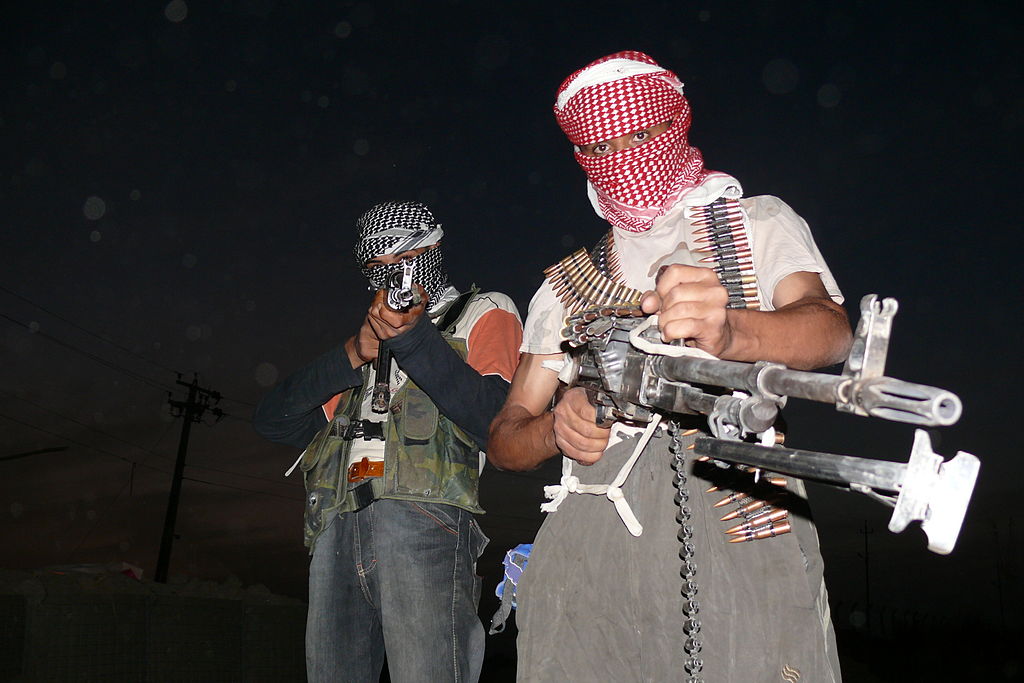
OTTAWA — The federal government will introduce its long-anticipated motion to expand and extend Canada’s war against the Islamic State of Iraq and the Levant on Tuesday and will seek Parliament’s permission for airstrikes against targets in Syria, federal sources say.
The plan, to be voted on by MPs, removes a restriction that Prime Minister Stephen Harper placed on combat forces when they were first deployed last October, said officials familiar with the contents of the motion who spoke on condition of anonymity.
That caveat required the military to seek permission before attacking Islamic State positions in Syria.
Although it was not contained in the original motion that sent the forces to war, Harper underlined the restriction in his speech to Parliament.
Harper will introduce the new motion himself in the House of Commons at 10 a.m. ET.
Several sources told The Canadian Press recently that the new extension would likely run up to a year in order to avoid having to be renewed during this fall’s anticipated federal election.
Sources, speaking anonymously because they weren’t authorized to discuss the matter publicly, confirmed late Monday that the new plan sets a renewal date of March 2016 and repeats a pledge not to engage in ground combat with conventional army forces.
It does, however, give the military the latitude to strike at Islamic State targets and those of their affiliate organizations wherever they present a threat.
The language in the Canadian motion looks very similar to the war resolution being pushed through the U.S. Congress by the Obama administration, said one source with knowledge of the plan.
The current parliamentary mandate for the air campaign, as well as the deployment of up to 69 special forces soldiers in northern Iraq, runs out on April 7.
The motion is expected to reflect Harper’s belief that Canada can attack ISIL while helping its victims at the same time, rather than having to choose one approach over the other.
The NDP has already made it clear it won’t support the motion.
“This is not our war,” Opposition Leader Tom Mulcair said last week during a visit to B.C.
Opposition critics are slated to get a briefing later this week on the contents of the motion, a copy of which was sent to each leader on Monday night.
Parliament does not need to approve overseas military missions, but the prime minister has made it customary to ask for the support.
Expansion of the mission needs to include concrete proposals and strategy to take it beyond the bombing campaigns, said NDP foreign affairs critic Paul Dewar.
The NDP intends to suggest some as part of the debate. While the specifics have yet to be worked out, Dewar said those ideas will reflect testimony heard by the Commons foreign affairs committee earlier this year, including halting the flow of money into ISIL coffers and doing more to combat foreign fighters.
For the Liberals, leader Justin Trudeau is under pressure to undo the political damage he caused by joking last fall that Canada should be doing more in Iraq than just “trying to whip out our CF-18s and show them how big they are.”
The party is expected to discuss the mission during caucus meetings this week, with a focus on whether the motion will present enough of an actual strategy to defeat ISIL.
“The prime minister has not been honest and open with Canadians about the mission so far,” said Liberal defence critic Joyce Murray.
Murray accused Harper of allowing the mission to morph from a narrow special-forces operation into full-blown front-line combat.
“The prime minister never admitted the change, never explained it, and never said who — who made that decision to change the mandate of the special forces. And that concerns us.”